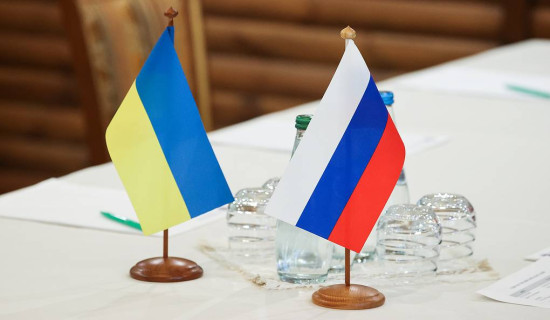- Friday, 13 February 2026
Power Trade Prospects
Availability of electricity makes possible many things. The now-affluent countries have relied on increasingly abundant electricity – most of which came from dirty fuels, with coal accounting for the biggest share – to power their industries and to eventually get rich. But in the process, they also released the planet-warming gases into the atmosphere, causing catastrophic climate change. A country rich in resource to generate and sell electricity enjoys diplomatic and economic clout in international stage. Take Qatar for example. A tiny nation which is one of the biggest exporters of natural gas and also one of the richest, the country's global clout is matched by only a few. The critical role of power got laid bare in the wake of Russia-Ukraine war. When Russia turned off its cheaply supplied natural gas to Europe, many countries there slipped into recession or teetered on the brink of recession.
Against this backdrop it wouldn't be an exaggeration to state that power is one of the major determinants of a country's development trajectory. In recent years, Nepal has been witnessing hydropower generation boom, and this has already ushered in significant changes. One of them is the incredibly quiet revolution unfolding in the roads: explosive growth of electric vehicles (EVs). This boom has enabled us to clean up our air and cut fossil fuel use. The Nepal Electricity Authority (NEA) estimates that the EV boom has saved the country $22 million on fuel import a year. Given the alarming situation of air pollution especially in the urban settings caused by the vehicle emissions, jumping on the EV bandwagon has become more of an imperative than a choice.
Prime Minister Pushpa Kamal Dahal Prachanda has expressed his belief that significant achievements will be attained in the implementation of the long-term electricity trade agreement between Nepal and India. He made that remark upon inaugurating a 400 kV substation in Hetauda the other day. This is one of the biggest substations constructed in recent months for reliable and quality supply of power across Nepal as well as for electricity trade with India. What's more, preparations are also being made to supply 40-MW surplus electricity during rainy season to Bangladesh.
For a country to leap forward in development, leveraging its strengths is a must. Just as automobile industry is one of the major strengths for Japan and Germany, hydropower is our strength. While automobile manufacturing directly employs 11 per cent of the total German workforce, that figure for Japan is about 9 per cent. And the indirect jobs created through buying, selling, operating, maintaining, and reselling automobiles in these countries account for much higher per cent. Hydropower can surely play the role of mass employer in Nepal. From generation to transmission to dizzying arrays of applications, it can create abundant jobs.
However, several hurdles have to be overcome to ensure smooth development of the hydropower sector. That the unavailability of transmission lines has wasted generated electricity continues to make headlines, with the problem in the use of forest area, tree felling and land acquisition posing as hindrance. The Prime Minister has urged the local people to play a supportive role rather than be an obstacle in the construction of electricity infrastructure including transmission lines. It is our responsibility to heed the call and to lead the country on the path of development and prosperity.
















-original-thumb.jpg)
